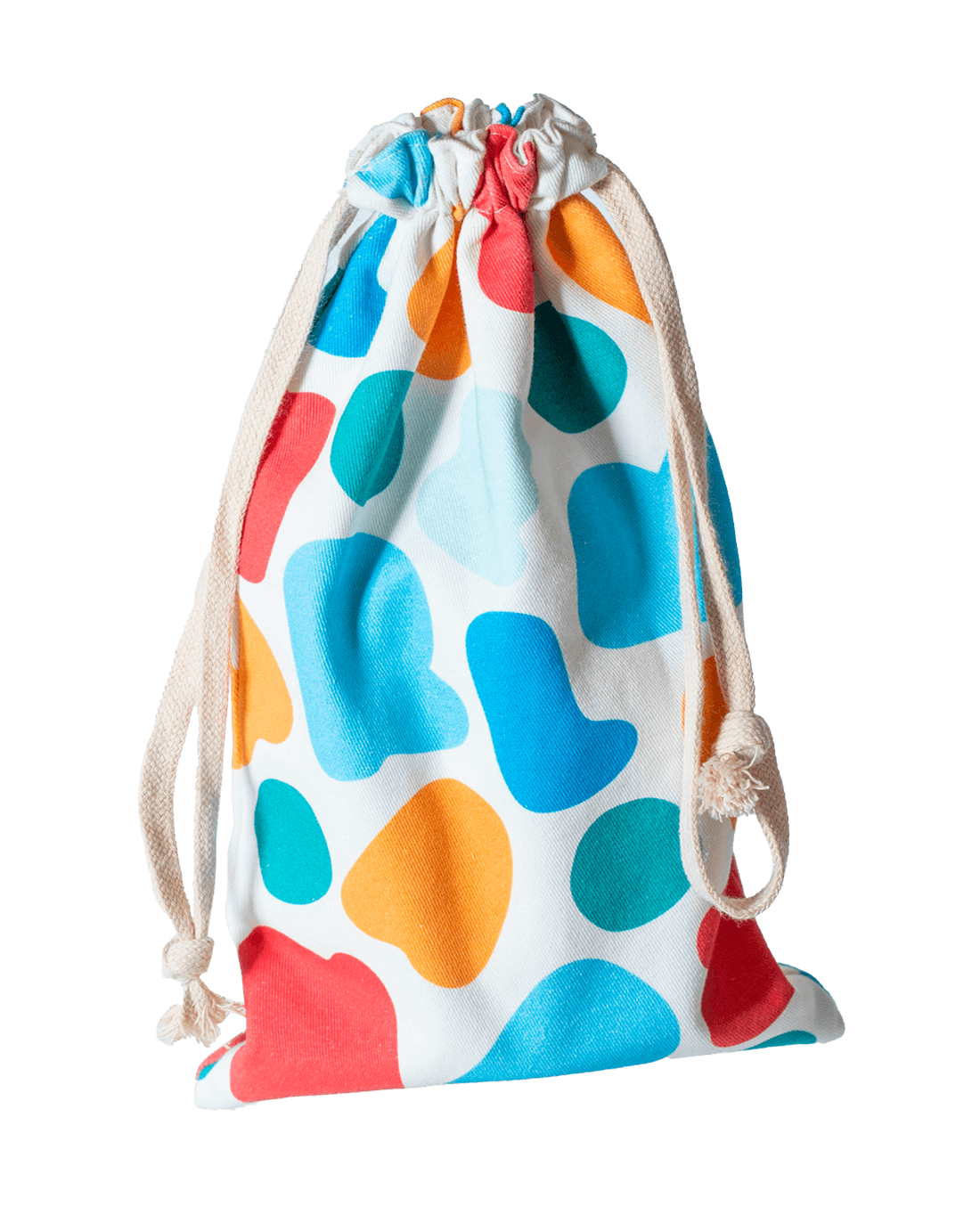From celebrities talking about their open marriages to some often-questionable depictions of polyamory in television shows like Big Love, Wanderlust, and You, non-monogamy is having a moment right now.
But if your introduction to this relationship dynamic has been through films, television shows, and hyper-famous people spilling the beans on their personal lives, it makes sense that you may feel uncertain about what ethical non-monogamy is really all about.
We know that ethical non-monogamy is a big topic, and it’s more complex than we could ever hope to explain in a single article (we’ve put some suggestions for further reading at the bottom of this page if you’d like to learn more).
But if you’re keen to hear the basics about what ethical non-monogamy is and how it works, we’ve done the research for you. Read up, find out more, and keep this guide handy if you think non-monogamy is something you’d like to explore in your own life.
***
A quick note: there are heaps of words used to describe ethical non-monogamy. Polyamory, open relationships, ‘throuples’...we’ve chosen the one that we felt was broadest, but we encourage you to use whatever term you prefer when referring to your own relationship. There’s no right or wrong term, there’s only the one you’re comfortable with.
Brisbane-based life coach Leslie Crudup Villagarcia received an early introduction to non-monogamy.
“My parents had an open relationship since before I was born,” she says.
“They're not really 'out', and we didn't talk about it regularly, but it made it quite simpler to explain to them that my husband and I were diving into the world of ethical non-monogamy in the context of our marriage.
“When I was quite young I had pursued relationships with multiple people, but in my adult life the catalyst was really a visit from an interstate friend. We bonded in a way that I was really surprised by, and my husband could see it as well. And that kind of started the conversation for us about me developing feelings for this guy after he left. I explained to my husband—this isn't just about him, this is how I feel about relationships overall.”
Leslie’s husband was open to the idea of non-monogamy, and willing to give it a try.
“It was just about opening our relationship to something that was more authentic to me,” she says.
***
It may sound simple, but there’s no reason non-monogamy has to be complex.
At its most basic, non-monogamy refers to two people who are romantically partnered with each other also pursuing romantic or sexual partners outside of their relationship (this chart shows just how many dimensions of non-monogamy exist!). The ethical part of ethical non-monogamy refers to how this is practised: ethically, with honesty, consideration, and respect for everyone involved.
People who practise non-monogamy sometimes refer to their primary and secondary partners, and although not everyone enjoys differentiating between their partners in this way it can be a useful way to describe relationships. As an example, Sam and Alex have been dating for two years, so they’re primary partners. When Alex begins dating Jenny, Jenny becomes Alex’s secondary partner.
“One thing that surprised me—in a good way—was how much better it made my connection with my husband,” Leslie says, about her experience with non-monogamy.
“There were so many facets of my personality that I wanted to express and indulge in, and he had hobbies and interests as well. We have a lot of different people we can now share our passions with, and what's left over is that we get to connect just on the things that we can connect on.
“I felt almost like I had regained ten years of my life because I had all of this exploring, not just in the relationship sense, but in indulging in hobbies and interests that I hadn't given enough energy for previously. So for us it created a more distilled form of our relationship.”
Similarly, Leslie says she was surprised by how non-monogamy encouraged her to see beyond ‘friendship’ and ‘romance’ as separate forms of relationships.
“I've dated people who I haven't gone down the romantic track with, but we’ve found a natural and genuine point that felt right for us and realized that's where our friendship lay.”
However, non-monogamy isn’t quite as easy as deciding you’d like to open your relationship and then going all-out.
Leslie’s advice to anyone considering polyamory is, “Don’t experiment on people—don’t use other people as learning tools.”
Meaning that, for example, even if you realise an open relationship isn’t for you, don’t ghost or rudely discard the secondary partners you met while exploring the dynamic. Consider the ‘campfire rule’, and strive to leave any partner better than you found them—as you would leave a wilderness area in which you’d camped!
“I would also suggest reading books and joining online forums where polyamory is discussed well before you get onto the dating apps. If you don't have a few hours to read some books, you don't have time to risk another person's heart or spirit on polyamory. Nurture your appetite for information written by very experienced people.”
As with any romantic relationship, non-monogamy can result in heartbreak if one or more partners aren’t considerate or careful with another’s feelings. It goes without saying that in the same way you’d never want a partner to pressure or coerce you into doing something for them, you should never pressure a partner into exploring non-monogamy or seeing other people. Non-monogamy should be approached willingly and freely, with excitement; if you’re uncertain or unsure you could only hurt yourself or others.
And although ethical non-monogamy might sometimes seem like a completely enlightened way to pursue relationships, Leslie’s experiences as a woman of colour using dating apps show that even the world of non-monogamy isn’t immune to stereotypes and bias.
“Being seen as an ‘exotic conquest’ is something that women of colour have dealt with for generations, and sometimes in non-monogamy you can run into people who sort of act as collectors,” she explains. “So there can be more of a sense of hesitancy around the intentions of someone who you might be connecting with.
“People have a hard enough time understanding ethical non-monogamy isn't just about sex—when you present in this context as a person who has historically been hyper-sexualised, you have to be ready for the slings and arrows. On dating apps there are all kinds of issues with racial bias, and you have to navigate that on top of any relationships you might have.”
***
Considering ethical non-monogamy? Here are some tips from us—we always recommend focusing on building a relationship that works, rather than following anyone’s rules, but we think these suggestions are useful for any relationship.
Some further reading ideas if you, like us, are interested in ethically non-monogamous relationships:
- The Ethical Slut, third edition, by Janet W. Hardy and Dossie Easton
- Polysecure, by Jessica Fern
- Mating in Captivity, by Esther Perel
- Love’s Not Colourblind, by Kevin Patterson







